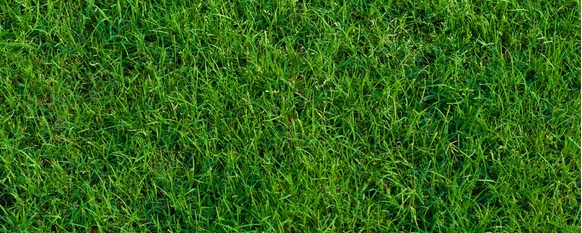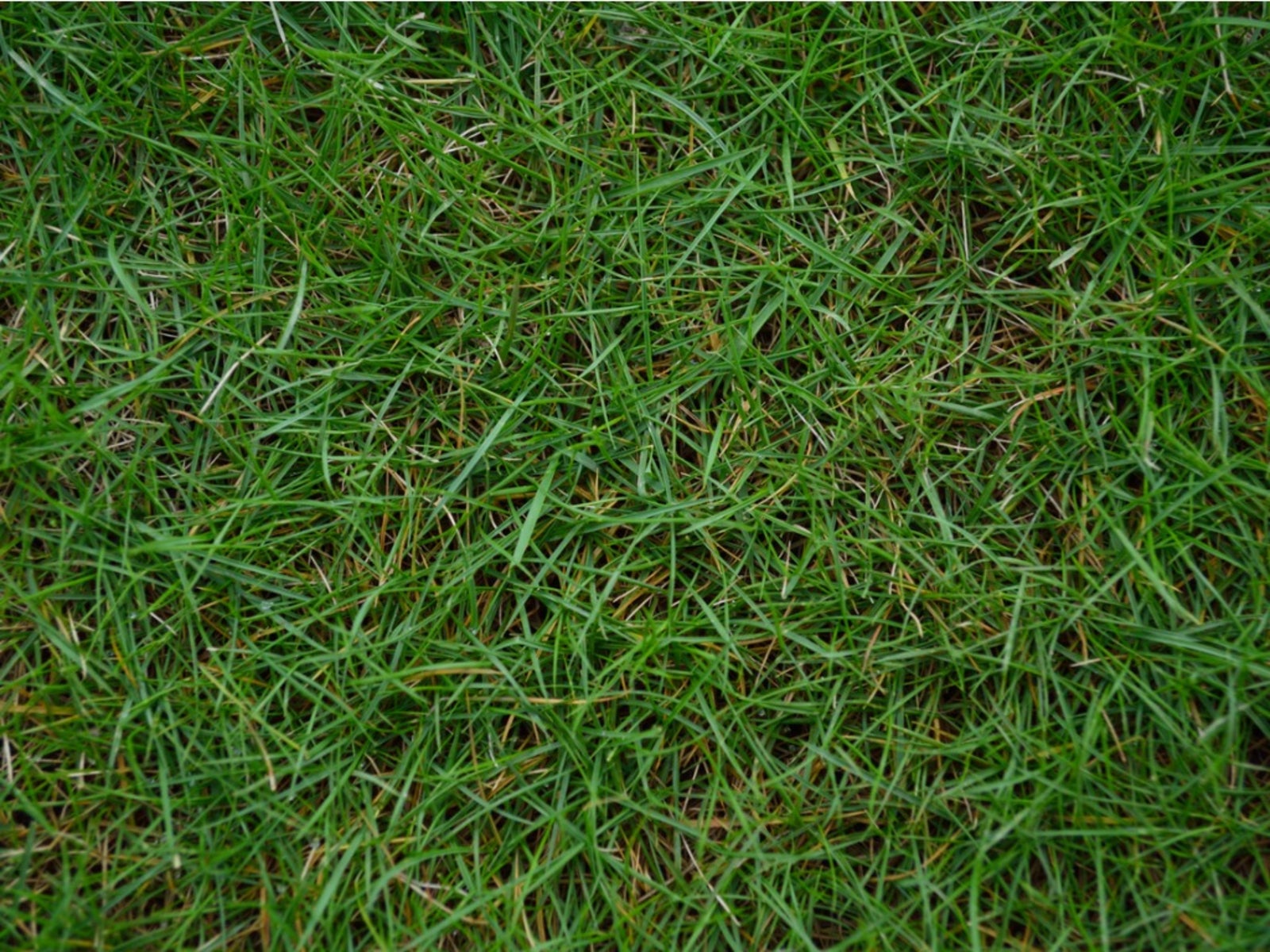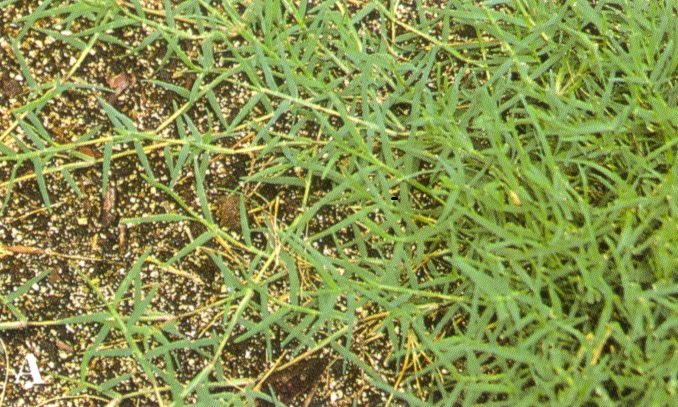Will Bermuda Grass Grow In Summer

To avoid that follow the 7 steps listed above.
Will bermuda grass grow in summer. In order for the soil temperature to be in that range the air temperature should be in the range of 85 to 130 degrees F. Unlike many grass varieties that require considerable amounts of water during hot summer days bermuda grass is less demanding. Bermuda begins its summer growth when the top three inches of soil in your lawn are thoroughly and consistently warmed.
Required Soil Conditions The best time for planting Bermuda grass seed is in late spring or early summer when soil temperatures are above 65 degrees F but within 100 degrees F. At SummerWinds Nursery we have the grass seed you need to grow a fabulous summer lawn. Bermuda grass seed will usually germinate in 7-14 days under ideal conditions.
You might however need to adjust the frequency and height depending on the season and type of Bermuda grass youve grown on your lawn to maximize growth health and thickness. It loses its green color and may look dead. Since this is common during the peak summer months planting cool-season grass seed can result in poor seed germination or even seedling death.
Can You Grow Grass in June July. If you allow the ryegrass to grow unchecked it will out compete the bermudagrass. Rye loves the cooler season performing best between October and May but Bermuda is the hardy heat-loving variety that will keep you seeing green during the hottest part of the year.
Because it is a warm-season grass bermuda grass will grow and be green during the summer then may go dormant and turn brown during the winter in areas with cool winters. Youll have a summer lawn the whole neighborhood will. In the winter when the weather is cooler bermudagrass goes dormant.
Dont be alarmed if your bermuda is brown from October to April. Like other warm-season grasses Bermuda grass grows during spring and summer and turns from green to brown as it goes dormant for fall and winter. Typical seasons to grow new grass are in the early fall and spring when temperatures remain mild but it is possible to establish a lawn during the heat of summer.

Since this is common during the peak summer months planting cool-season grass seed can result in poor seed germination or even seedling death.
Will bermuda grass grow in summer. Because it is a warm-season grass bermuda grass will grow and be green during the summer then may go dormant and turn brown during the winter in areas with cool winters. In the winter when the weather is cooler bermudagrass goes dormant. Dont be alarmed if your bermuda is brown from October to April.
Typical seasons to grow new grass are in the early fall and spring when temperatures remain mild but it is possible to establish a lawn during the heat of summer. Unlike many grass varieties that require considerable amounts of water during hot summer days bermuda grass is less demanding. Once your grass is established decrease the frequency of irrigation but increase the.
Late April to May is the perfect time of year to transition from your winter lawn to your summer Bermuda lawn. Required Soil Conditions The best time for planting Bermuda grass seed is in late spring or early summer when soil temperatures are above 65 degrees F but within 100 degrees F. You might however need to adjust the frequency and height depending on the season and type of Bermuda grass youve grown on your lawn to maximize growth health and thickness.
Rye loves the cooler season performing best between October and May but Bermuda is the hardy heat-loving variety that will keep you seeing green during the hottest part of the year. Bermuda grass seed will usually germinate in 7-14 days under ideal conditions. It loses its green color and may look dead.
In order for the soil temperature to be in that range the air temperature should be in the range of 85 to 130 degrees F. However when spring arrives and brings warmer temperatures a well-maintained bermudagrass lawn will green up for the. Begin by watering lightly every day always keeping the soil moist but not soggy.
If you allow the ryegrass to grow unchecked it will out compete the bermudagrass. Bermuda begins its summer growth when the top three inches of soil in your lawn are thoroughly and consistently warmed. Can You Grow Grass in June July.

Can You Grow Grass in June July.
Will bermuda grass grow in summer. In the winter when the weather is cooler bermudagrass goes dormant. Begin by watering lightly every day always keeping the soil moist but not soggy. Your Grass is Dormant.
Typical seasons to grow new grass are in the early fall and spring when temperatures remain mild but it is possible to establish a lawn during the heat of summer. Dont be alarmed if your bermuda is brown from October to April. Bermuda begins its summer growth when the top three inches of soil in your lawn are thoroughly and consistently warmed.
Once your grass is established decrease the frequency of irrigation but increase the. Late April to May is the perfect time of year to transition from your winter lawn to your summer Bermuda lawn. At SummerWinds Nursery we have the grass seed you need to grow a fabulous summer lawn.
Like other warm-season grasses Bermuda grass grows during spring and summer and turns from green to brown as it goes dormant for fall and winter. You might however need to adjust the frequency and height depending on the season and type of Bermuda grass youve grown on your lawn to maximize growth health and thickness. Required Soil Conditions The best time for planting Bermuda grass seed is in late spring or early summer when soil temperatures are above 65 degrees F but within 100 degrees F.
Bermudagrass is a warm-season grass with a peak growing season from spring to fall. It loses its green color and may look dead. If you allow the ryegrass to grow unchecked it will out compete the bermudagrass.
Because it is a warm-season grass bermuda grass will grow and be green during the summer then may go dormant and turn brown during the winter in areas with cool winters. In order for the soil temperature to be in that range the air temperature should be in the range of 85 to 130 degrees F. Unlike many grass varieties that require considerable amounts of water during hot summer days bermuda grass is less demanding.









